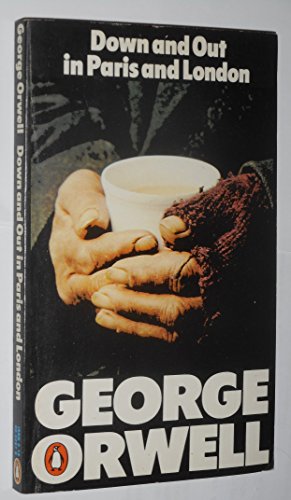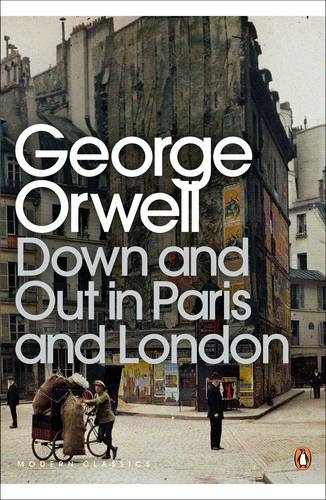


Whatever the merits of this way of investigation, Orwell left a gripping account of poverty and homelessness. Instead of taking a distant and detached view of experience, the person actually experience what the subjects are experiencing. In this style of research, direct raw experience seems more effective than distant experiments. For example, the person participates in the Spanish Civil war or becomes homeless in order to obtain authentic insights. This is research in which a person takes part directly in the activities as a member of the scenario. It can be termed “Participant Research.” There is a design at the core of this style of research. You are forgiven for thinking Orwell's mode of research was a bit extreme. We always got the same answer: they did not want a lame man, nor a man without experience” . We loitered for hours outside service doorways and when the manager came out we would go up to him in ingratiatingly cap in hand. One day, I remember we crossed the Seine eleven times. Day after day, Boris and I went up and down Paris, drifting at two miles an hour through the crowds, bored and hungry and finding nothing. My two hundred francs saved me from trouble about the rent, but everything else went badly as possible.

“We again failed to find work the next day, and it was three weeks before the luck changed. I proposed reviewing Orwell's “Down and Out in Paris and London” because it is about being homelessness in those cities and some issues have not changed in all these years.


 0 kommentar(er)
0 kommentar(er)
